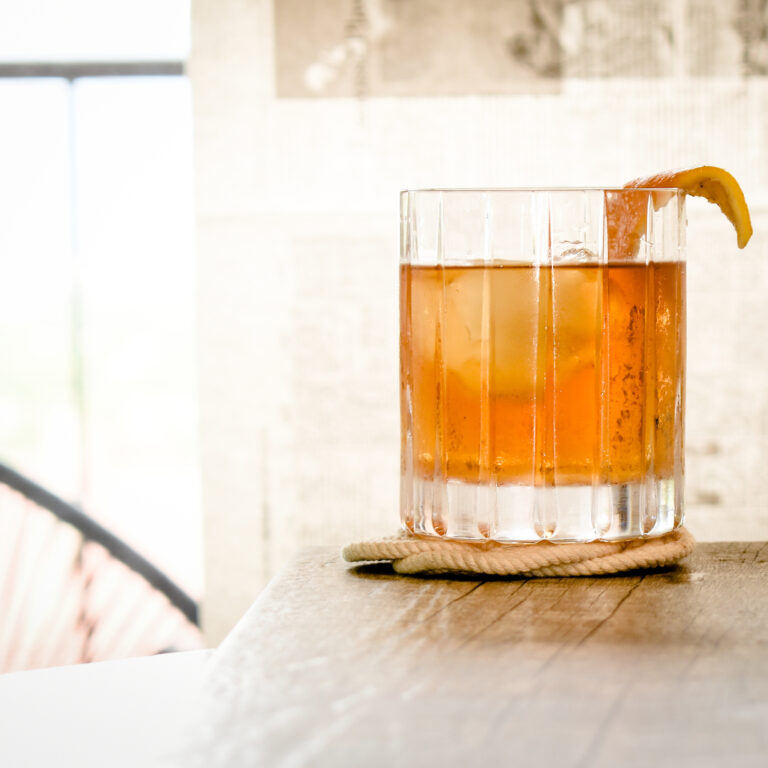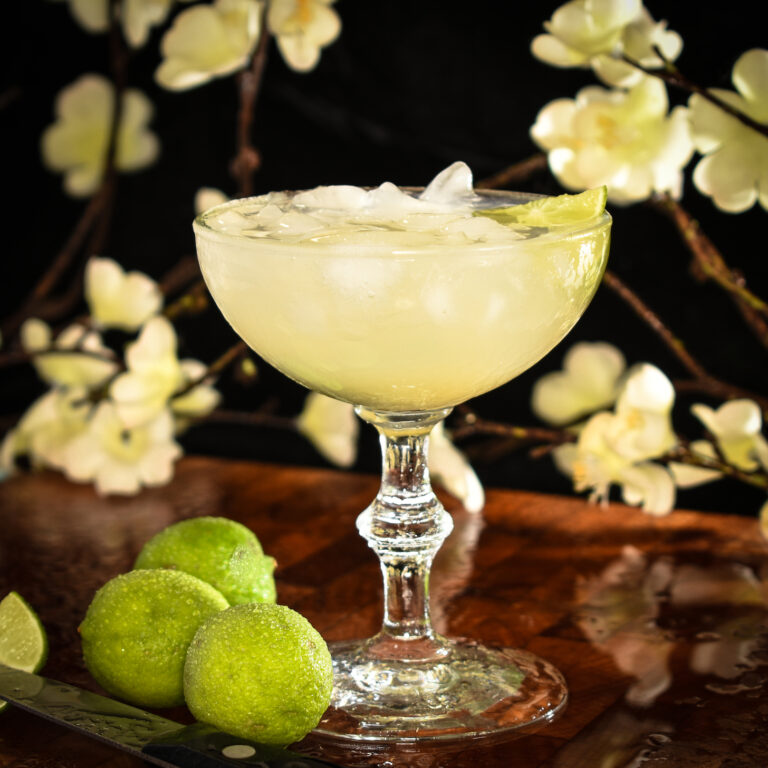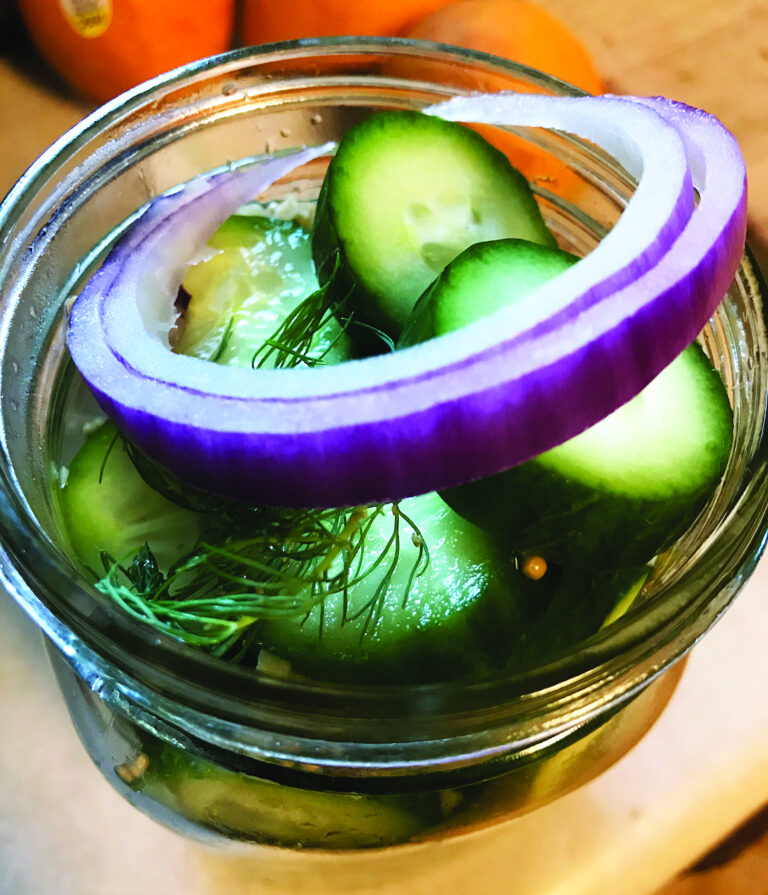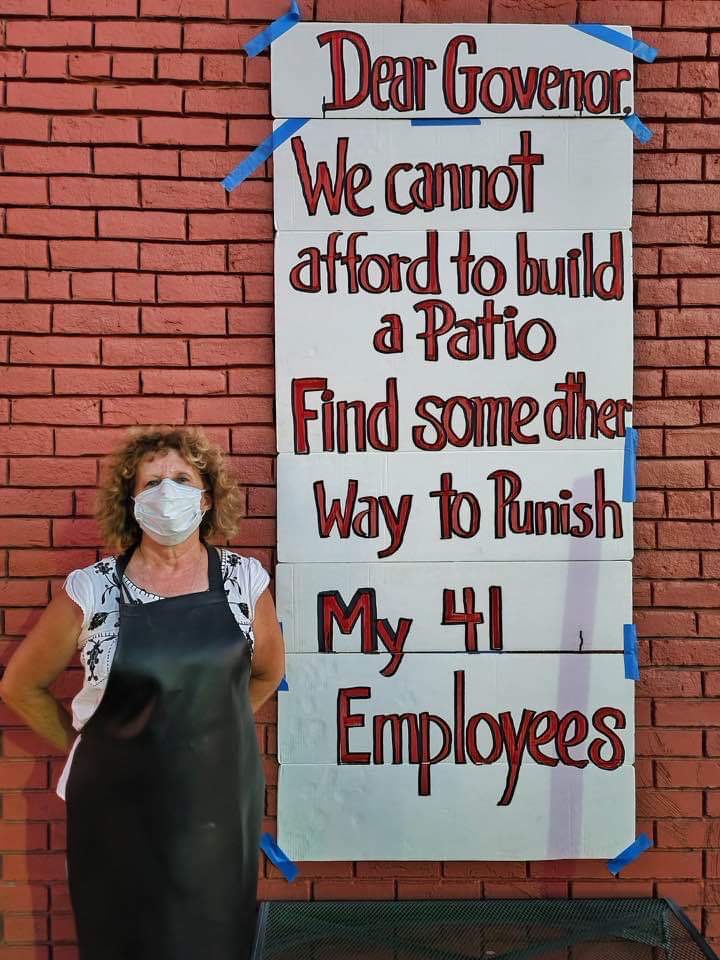Steven Robert Allen, our Arts and Literature editor, told me once that he uses a book's first line as his litmus test. If that first taste doesn't lure him in, then he passes on the offering. Fried Butter rates four stars on the Allen test. “I baked a chicken the night I left my wife,” page one begins. By the time the story ends—four short pages later—you're reeling from the emotionally draining breakup and reaching around for a wet-nap to wipe off the chicken grease you can almost feel on your fingers.
In fact, most of Opincar's first lines are great even if what follows isn't quite as juicy. One story begins, “Tangled in sweaty sheets, I writhed in an overheated London hotel room.” Food poisoning. Oh God, we've all been there. But sometimes the prose is a little too simple and to the point, more ho-hum than Hemingway: “Outside, rain fell. Inside, the radiator hissed.” In a novel this would be annoying but in a four-page story it's easy to forgive and forget.
The stories are dotted with keen observations and his vivid descriptions. Writing about his pregnant mother's craving for fried eggs, he includes her recollection that the kitchen always smelled of fried butter. You don't think about it much but it's true. Frying eggs really only leave the aroma of butter, not themselves, hanging in the air. Of a young Cambodian man who spends his days collecting recyclables to make beer money, Opincar writes, “He has no left eye. The flesh on that side of his face looks as though it had melted and been reformed by clumsy hands.”
These are quiet stories, the kind that make you stare off into the distance for awhile afterwards, contemplating what it would be like to pick cans out of a dumpster all morning or remembering similar events from your own life: the last meal you shared with an ex-lover, the first time you tasted unsalted butter, how only mashed potatoes can console you when you're sad. Then somebody catches you staring off with a funny expression on your face. “What are you thinking about?” Oh, nothing, just this book.” And you flip the page.








